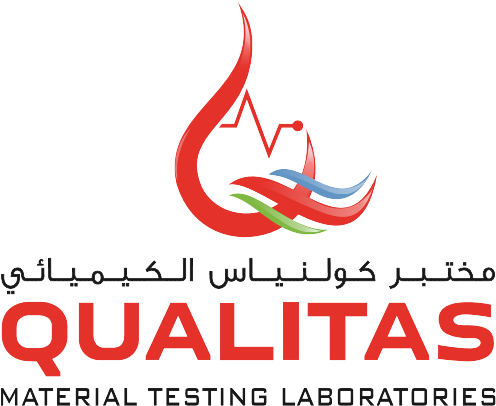S.Systems for monitoring oil conditions consist of a complex network of sensors that monitor many characteristics of the oil. It alerts users when any parameters are getting close to their threshold values. The market of Oil Condition Monitoring Laboratory (OCM) in UAE is growing quickly, and for good reason—it protects users from exorbitant expenditures by minimizing misuse and damage to the machinery.
Gasoline and lubricating oils are vital components of motors and other equipment. Fuel oil and lubricants should be maintained nearly and consistently to safeguard their investments. Since they have a direct influence on engine production and equipment, productivity, and operational expenses. Examining oil equipment and keeping an eye on the quality of the oil protects assets, boosts uptime, boosts productivity, and helps save money.
While temperature, pressure, and vibration sensors may be useful for monitoring oil conditions and oil tests in machinery. Early detection of oil and lubricant changes provides more information about the real status of important pieces of machinery and equipment.

Scheduled monitoring of the lubricant at Qualitas lab, which is also well-known for natural gas testing in UAE. It would prevent and minimize expensive equipment or part failures and unforeseen maintenance.
Importance of oil condition monitoring:
Good predictive maintenance programs are crucial to the health and well-being of a ship or its equipment. Since they ultimately enhance efficiency and save ownership costs. The vessel lubricant monitoring would enable operators and maintenance personnel to promptly decide on equipment servicing and maximize the life of motor parts and machines in these regular programs. Systems for monitoring sound oil may save expenses, extend product lifetime, increase operating capacity, lower maintenance requirements, and enhance safety.
Applications of on-site oil analysis:
- Oil analysis is performed as part of the QA/AC process at the engine test lab.
- For transportation, heavy mining, or fleet management, on-site oil analysis in the manufacturing sector or at a power plant
- The engineer’s oil analysis of the on-site inquiry equipment was based on the route (on-site).
- Large-scale, centralized industrial lab, suited for numerous, distant mines or major businesses.
What advantages may clients receive from oil analysis and oil condition monitoring?
1) Increasing the time between oil changes will boost the economy in the long run.
2) Identifying anomalous levels, locations, and causes of friction components before they become severe enough to result in a significant loss.
3) Monitoring the level of pollution can help you determine how well lubricating oil is operating.
4) Determining by equipment analysis the appropriate time to change the oil.
5) Although there are numerous types of oil on the market, it is important to determine whether the oil being used is appropriate and certified.
Cost Benefits
A tried-and-true method to extend the life of machinery and minimize downtime is proactive and constructive industrial machinery maintenance. Current practices necessitate frequent testing and independent laboratory research. Depending on the size of the research, sample fees vary for each step, with a minimum turnaround time of 48 hours. An effective strategy to satisfy environmental criteria, reduce facility expenses, guarantee costs, prevent negative mishaps, and improve the oil monitoring process is to optimize oil monitoring.
Under the strict 17025 Quality Program, Qualitas provides the Petrochemical Industry with a wide range of testing services. We are specialists in testing Fuels, Oils, and Lubricants, working alongside the recognized Swab testing Laboratory in UAE. Our skills encompass a wide range of analytical services created to fulfill your demands for product hydrocarbon testing.
